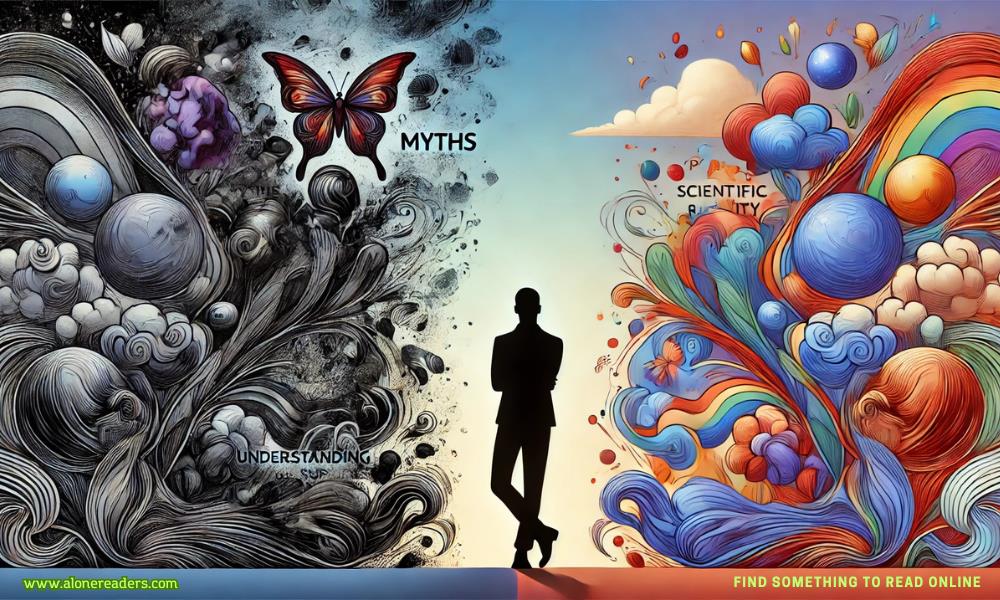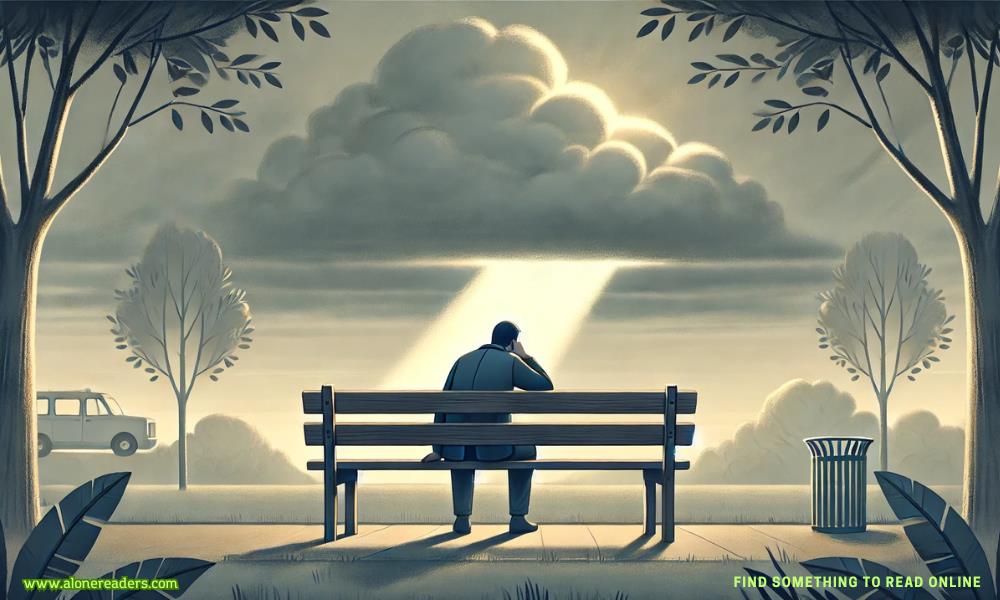Page 62 of The Roads We Follow
“Who?”
“Your mom. She was my favorite person when I was a kid.”
I’m rarely without a response, but Hattie’s groggy comment stuns me. “You remember my mother?”
She closes her eyes as if to pull up something in the recesses of her mind. “She used to read to me on the bus, and whenever she stayed over at the house, too. She called me ‘Wild Thing.’ That was my favorite book.”
“Where the Wild Things Are?” I ask. I know the book well. Mom kept it in her music room.
A tiny smile plays on Hattie’s ultra-chapped lips, and she takes another small sip of water. “I cried myself to sleep for weeks after she left us, and I kept our special book under my pillow until we had to move out of that house.”
The surprising revelation tangles with my own raw grief, and it takes me a moment to secure my composure. Never once had I imagined how the two Farrow sisters would have felt at the sudden abandonment of an adult who’d been a huge part of their lives, never to be seen again. I’ve counseled students and families on how to heal from this kind of traumatic event more times than I can count. Parents, friends, favorite aunts and uncles, etc. Absence by death is one thing, but the absence of someone we love by choice is a different kind of pain. A different kind of heartache.
“She sent me a postcard once, on my tenth birthday. It was the last time I heard from her.” The curve in her lips is slight. “It wasof a river someplace in Idaho. I ... I can’t remember what it was called. I think it had a man’s name.”
“The Saint Joe.” It was my mom’s favorite river near our home and the place where my brother and I have fished with our dad since we were boys. It’s also where we were baptized as young adults.
Her eyes pop open. “Yeah, that’s the one.”
“Do you remember what the card said?” I ask, careful to keep my voice hushed for the sake of her hangover and the sleeping sister on the bed behind me.
“It was only two words.” Hattie exhales slowly. “Stay Wild.I still have it in my jewelry box at home.”
With her head resting against the wall, her eyelids close again, and I rise to look for her room key on the desk when her groggy voice says, “She’d be so disappointed in the way my life turned out.”
I rotate to see Hattie’s features pinch with a distinctly different variety of pain. Not from the aftereffects of a night spent trying to escape by way of a beverage that can only numb for so long, but from a far more insidious kind of torture. The kind that weaves its way around every tendon and fiber in a person’s body.
“No, she wouldn’t,” I contend. “She’d empathize with your struggles, and then she’d look you in the eye and say something along the lines of: ‘Nights always feel the darkest right before you switch on the light.’”
Hattie blinks. “Did she used to say that to you?”
“Often.”
“Why?”
“Because the idea of walking across my dark bedroom in search of the light felt scarier than staying awake, fearful of all the things I couldn’t see. Until I did it.” I smile at her. “You’ll get there, Hattie. Maybe not today or tomorrow. But you will.”
I can feel her gaze trail after me as I swipe her key card off the side table and stride out the door into the hallway beyond.
The answer to the day’s math story problem of how long it takes to load five Farrow women and their luggage into a bus: twenty-four minutes. Not too shabby.
Once parked at the side exit of the hotel, I race down the bus steps with an energy that shouldn’t be possible after so few hours of broken sleep. But by the bedraggled look of my passengers this morning, it would appear none of us got our recommended amount of beauty sleep last night. The collective energy level of all five women combined can’t be much higher than that of a geriatric sloth.
As Luella’s recently knighted bus driver, I feel it’s part of my duty to remedy this. I stand near the bus entrance like an overenthusiastic church greeter and welcome each of the ladies by name as they step aboard Old Goldie with a clap. “Great way to hustle this morning. Should be a smooth drive once we head north.”
When not one woman responds to my encouragement, barring a slight smile from Luella, I observe their limited interactions with one another and realize that perhaps the high-wind warnings aren’t the only issue we’ll be up against today. I may have rerouted one storm only to have taken another along for the ride.
Luella is uncharacteristically withdrawn when she steps aboard, and it’s clear from the wide berth Adele gives her that the tension from last night hasn’t thawed between them. Cheyenne, on the other hand, might as well be sleepwalking. Thankfully I don’t require her help to confirm her flight out of Amarillo back to California has been canceled due to the weather. I suggest she try to rebook from Denver this evening, even though I know the chances of her getting a flight out west today are slim. She might be delayed until tomorrow. Her barely perceptible nod is followed by a downward tug of her pink baseball cap.
Hattie, whose arm is looped through Raegan’s, takes a bit longer to reach the bus. Her movements are slow, and her sunglasses are affixed to her face. When I offer her the same cheery greeting as the others, she slaps her hands over her ears, which knocks her dark sunglasses to the ground. “Please. Stop. Clapping.”
“Sorry.” I bend and retrieve her sunglasses before guiding her to the top of the stairs where she promptly collapses onto the sofa with a groan.
Raegan climbs the steps after me into the front lounge and yawns. “If you’re looking to change career paths, I think you’d make a good cheerleader.”
I take her in with a smile and find that she’s changed into fresh travel clothes, but I also notice the dark half-moons under her eyes. “You should try and get some sleep while we drive this morning. There shouldn’t be too many curves in the road. We’ll be on the interstate for a while.”
She shakes her head. “I already offered my bunk to Cheyenne today.”
- The Sheik's Embrace by Elizabeth Lennox
- Sofa King Cute by Alexa Riley
- Family Bonds- Garrett & Justine by Natalie Ann
- Stolen Dreams by Natasha Madison
- Vendetta Crown by Brook Wilder
- Vendetta Vows by Brook Wilder
- Born into Darkness by Sonja Grey
- His Virgin Wife by Sam Crescent
- The Princess and the Pack by Fallon English
- Revival by A.M. Wilson
- Reclaimed by A.M. Wilson
- Atonement by Evelyn Montgomery
- Some Like It Royal by Heather Long
- Protected By Saint by Cassi Hart
- Getting Lucky in London by Darah Lace
- A Man of Power by S.E. Rose







